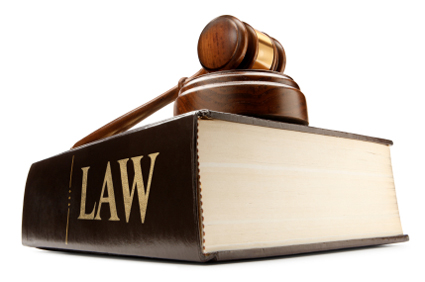In my last update, I reported:
… [The judge] questioned whether I am entitled to sue Gina for DMCA abuse and tortious interference with Bluehost over one DMCA notice.
It is unclear why the judge made no mention of the DMCA notices sent to my second host or the fact that Gina was soliciting others to file DMCA notices with the express purposes of pushing my site off the web. We will be reminding the judge of this in our response and expect that it will then be clear that I am entitled to sue Gina for what she did.
We submitted that reminder today and I am gratified to report that we are not the only ones who think that my case should proceed. The Electronic Frontier Foundation and the Digital Media Project of the Berkman Center for Internet & Society at Harvard Law School have submitted a motion for permission to file an amicus curiae (“friend of the court”) brief in support of my claim, asserting that “The Court’s ruling on this claim will have significance well beyond the parties in this case.” The amicus brief is attached to the motion.
Of note, the EFF is representing Stephanie Lenz in the leading DMCA case currently making its way through the courts, Lenz v. Universal Music Corp., 5:07-cv-03783 JF (N.D. Cal.).
As they explain:
On the facts alleged, it appears that this case involves exactly the kind of DMCA abuseSection 512(f) was meant to deter. This is not a case about the tone of debate in the parties’ blogs or about the merits of their respective views about childbirth. This is a case about defendant Crosley-Corcoran’s alleged use of the DMCA’s takedown procedure to silence a critic.
This is an important public policy issue:
… In the week of March 5, 2013, Google alone received over four million notices, a ten-fold increase over the previous year. Copyright Removal Requests, Google Transparency Report, https://www.google.com/transparencyreport/removals/copyright/. If even a small percentage of DMCA takedown notices are improper, then thousands of persons will have their lawful speech censored. Congress enacted Section 512(f) precisely to prevent such abuse and help compensate for the lack of prior judicial approval to protect the “end-users legitimate interests.”
They view the key argument as follows:
C. Dismissal of Section 512(f) claims based on fair uses at the pleading stage could open the floodgates to private censorship.
Dismissal of Tuteur’s claim, particularly at this stage, would send a dangerous signal to copyright owners and end users that copyright owners need not actually consider whether a given use is authorized by law before sending a takedown. As the Supreme Court has stated, fair use is a critical “First Amendment safeguard” that helps ensure “copyright’s limited monopolies [will remain] compatible with free speech principles.” Eldred v. Ashcroft, 537 U.S. 186, 219-20 (2003). Fair use is particularly important where, as here, an individual wants to respond to a critic. This is because writers—whether they wish to criticize, parody, or praise the work of another—need to quote the original to make their point effectively. See Campbell v. Acuff-Rose Music, Inc., 510 U.S. 569, 580 (1994).
If a copyright owner is not required to consider fair use when sending a DMCA takedown notice, the DMCA becomes an easy tool for censoring internet criticism: any person quoted by a critic could get the critic’s speech quickly removed from the Internet. For example, an author could cause the takedown of a negative book review simply on the basis of the quotation of a few words. Such a reading cannot be reconciled with either the text or the policy of Section 512,which was intended to facilitate the growth of the Internet as a platform for free speech.
You can find the reply brief that my lawyers submitted here:
The motion filed by the Electronic Frontier Foundation and the Digital Media Project of the Berkman Center for Internet & Society at Harvard Law School is here:
Addendum:
Gina’s response
https://dl.dropboxusercontent.com/u/27713670/Tuteur-20130501_Defendant%27s_Opposition_to_EFF%27s_Mtn_to_File_Amicus_Curiae_Brief.pdf


